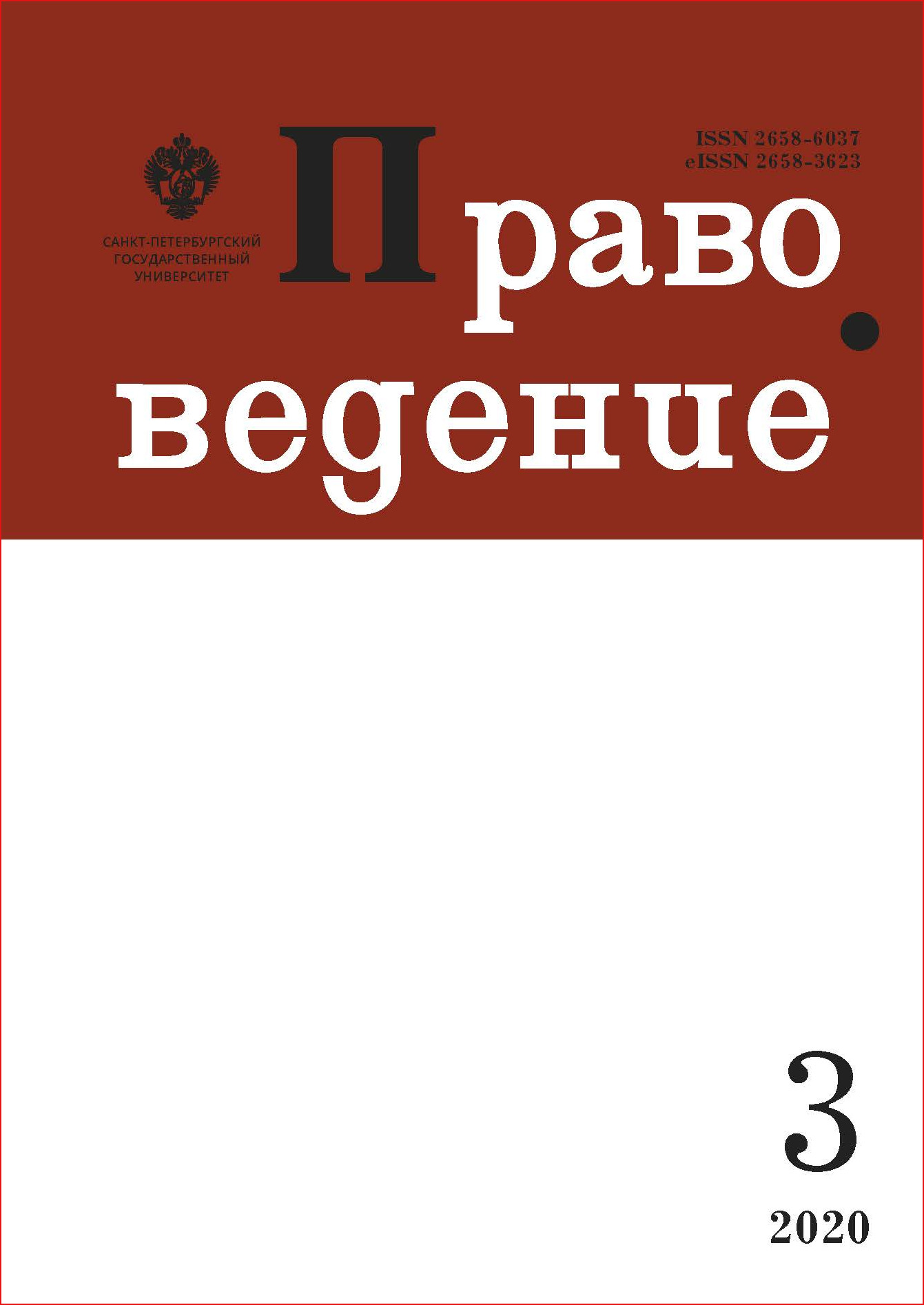The principle of good faith and fair dealing in English contract law
DOI:
https://doi.org/10.21638/spbu25.2020.301Abstract
Given that continental civil law scholarship applies the concept of good faith in either a subjective (honesty in fact) or objective sense (good faith and fair dealing), the present article focuses on the latter one. The traditional view in England and Wales discards the recognition of a general principle of good faith and fair dealing in English law. English courts have adopted a piecemeal solutions approach (as shown by the judicial decisions issued in Interfoto Picture Library (1987) and Walford v. Miles (1992)). Meanwhile, the principle in question, along with the concept of the freedom of contract, is one of the most important principles of the continental civil law tradition (cf. art. 1104 of the French Civil Code, § 157, § 242 of the German Bürgerliches Gesetzbuch, art. 2 (1) of the Swiss Zivilgesetzbuch, art. 6:2 Burgerlijk Wetboek, art. 5 of the Polish Civil Code, art. 2 (1) Common European Sales Law, art. 1:201 Principles of European Contract Law, art. III1:103 Draft Common Frame of Reference). The current work analyzes recent English case law (in particular Yam Seng (2013)), which seems to acknowledge the principle of good faith and fair dealing while rejecting the traditional view mentioned above. The comparative approach — references to American, and Commonwealth law, as well as to that of particular European states — is taken into account. The author claims that hostility to the concept of good faith in an objective sense in English law is superficial. One may expect that in the near future courts in England and Wales will follow the path taken by courts in the United States (§ 205 of the Restatement (Second) of Contracts (1981)), Australia (Renard Constructions (1992)) and Canada (Bhasin v. Hrynew (2014)), and they will finally recognize good faith as an underlying principle.
Keywords:
private law, English law, common law, good faith, abuse of right
Downloads
References
Downloads
Published
How to Cite
Issue
Section
License
Articles of "Pravovedenie" are open access distributed under the terms of the License Agreement with Saint Petersburg State University, which permits to the authors unrestricted distribution and self-archiving free of charge.




